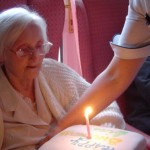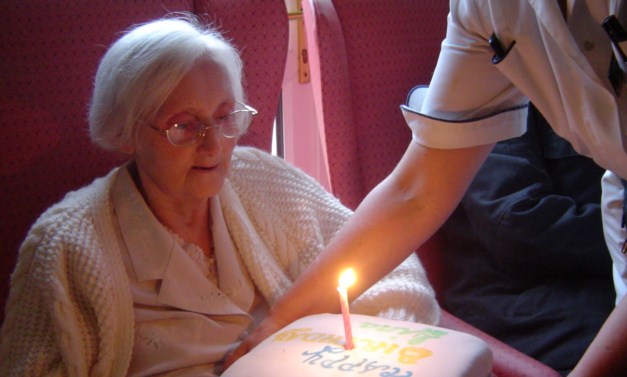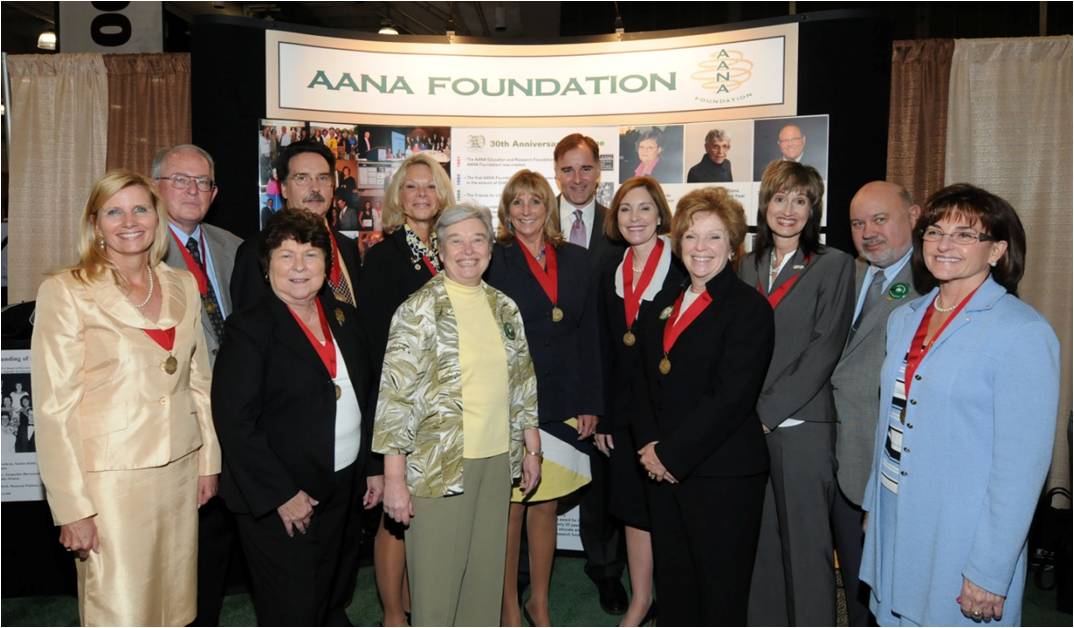With the ba by boomers coming of age, the demographics of those seeking health care is changing. The percentage of those considered “elderly” in the surgical population has had a steady increase over the past few decades. In a study published in the February 2011 edition of the AANA Journal, Bjorkelund et al discuss risk factors of anesthesia related to the elderly population.
by boomers coming of age, the demographics of those seeking health care is changing. The percentage of those considered “elderly” in the surgical population has had a steady increase over the past few decades. In a study published in the February 2011 edition of the AANA Journal, Bjorkelund et al discuss risk factors of anesthesia related to the elderly population.
In this study of elderly patients with hip fracture, premedication, prolonged fasting and fracture type were related to postoperative confusion and mortality at 4 month. The authors found that decreased SpO2, prolonged fasting and increased number of units transfused all impaired recovery and were correlated to a higher mortality rate. Patients with the longest fasting times tended to receive a larger volume of fluid which may have stressed physiologic reserve.
The effects of preoperative medication on outcome produced an unexpected finding. In this study, those who received no premedication had a higher rate of confusion and mortality at 4 months. The authors speculate that either the premedication reduced the stress of surgery and improved outcome or that those who were not premedicated were in a higher risk group and possibly not a candidate for sedation.
Click here to view the study published in the AANA Journal.


